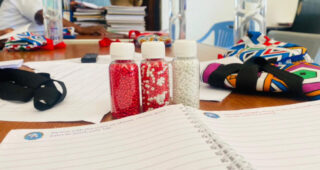Mothers Support Each Other in Rural Zimbabwe
Stella is a 32-year-old mother living in Chundu village, Zimbabwe. She has three children, aged 9, 5, and 1. Stella delivered all of her children at the antenatal care clinic (ANC) at Hurungwe District Hospital. Now she volunteers there as a peer facilitator.
Hurungwe’s peer facilitators—all of whom are mothers with young children themselves—are responsible for educating their communities about maternal and child health, especially about the benefits of giving birth at the clinic. The Elizabeth Glaser Pediatric AIDS Foundation (EGPAF) initiated the peer facilitator program and continues to support it.
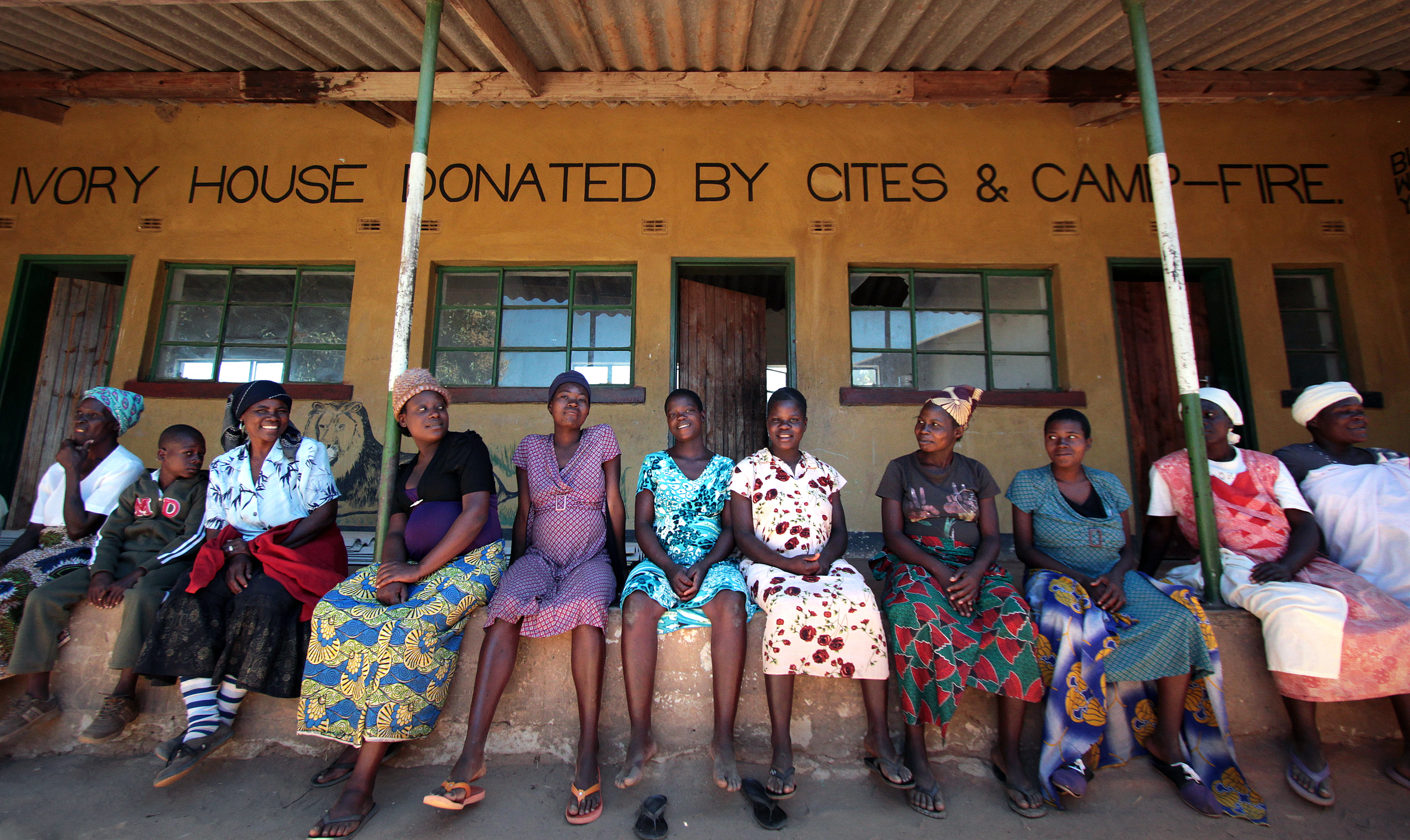
Each of Hurungwe’s 24 facilitators was selected through a competitive interview process. They attended a weeklong training session at the district hospital in Karoi, where they learned about maternal and child health and were trained on motivation strategies.
“The most important part of my job is to encourage and advise pregnant mothers to go to the clinic before three months [gestation]. It is the entry point so the babies can be protected against HIV,” says Stella.
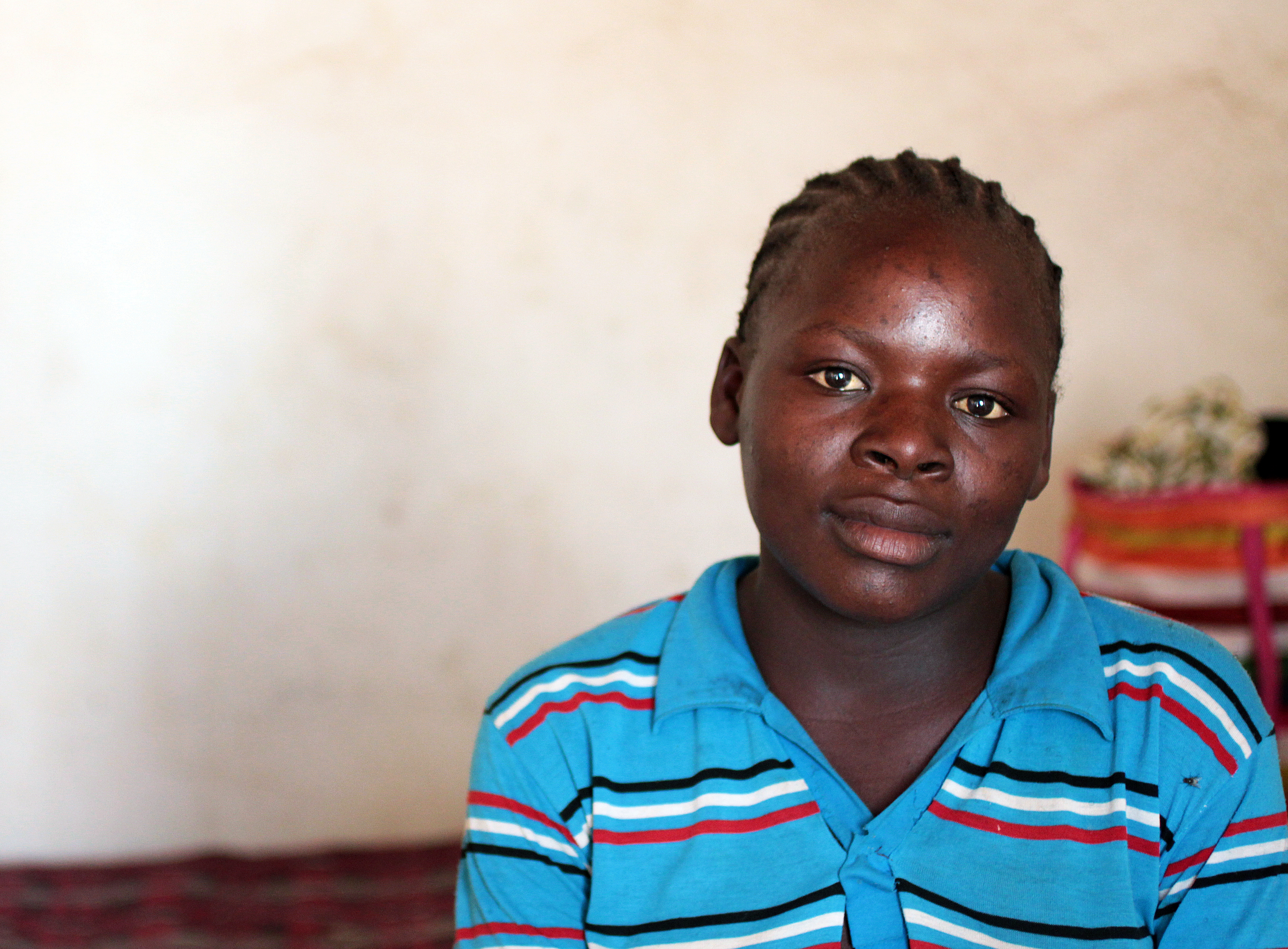
Stella encourages pregnant women and their partners to attend the ANC and get tested for HIV together. “It’s important to get [HIV test] results as a couple. If you get home as a wife and bring the results, often the husband will not accept the results, especially if the result is positive,” Stella says.
“I’m very happy because the peer facilitator program actually made a difference in the community. Now most of the pregnant mothers are booking at the clinic and going to the waiting mothers home [to give birth].”
One of Stella’s clients is Namatirai, a 36-year-old mother of two children, a 12-year-old and one-and-a-half year old.
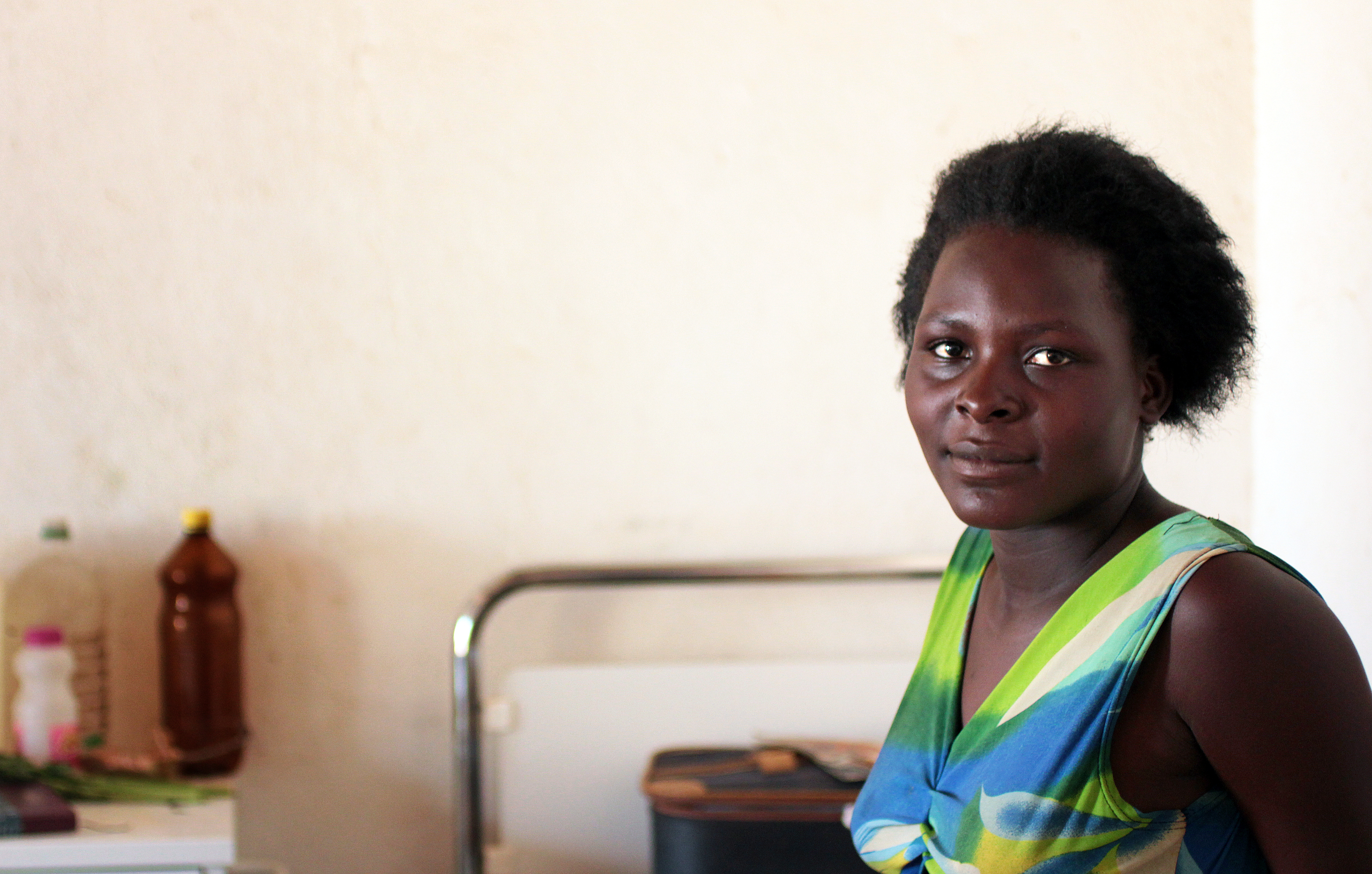
“During my last pregnancy I was motivated by Stella to book early at the ANC,” says Namatirai. “I followed Stella’s motivation. At the clinic, they took my blood to test for HIV and I tested negative. It was my first time being tested. My husband is very supportive. He also tested for HIV. Whatever he was told by the nurses to do, he did it. He was motivating me.
“Before we had this program, we were so afraid of having our blood tested for HIV, because we were just afraid of the unknown. But now we know that taking blood enables you to know your status, and you can take care of yourself.
“Stella continued to motivate me to come for ANC care every month. We formed a support group in our community with our peer facilitator. Even during that support group, we knew that some of us were HIV-positive and some were negative. But we continued to support one another and supported the girls who were positive, telling them that it was not the end of the road—you can still live a happy life.
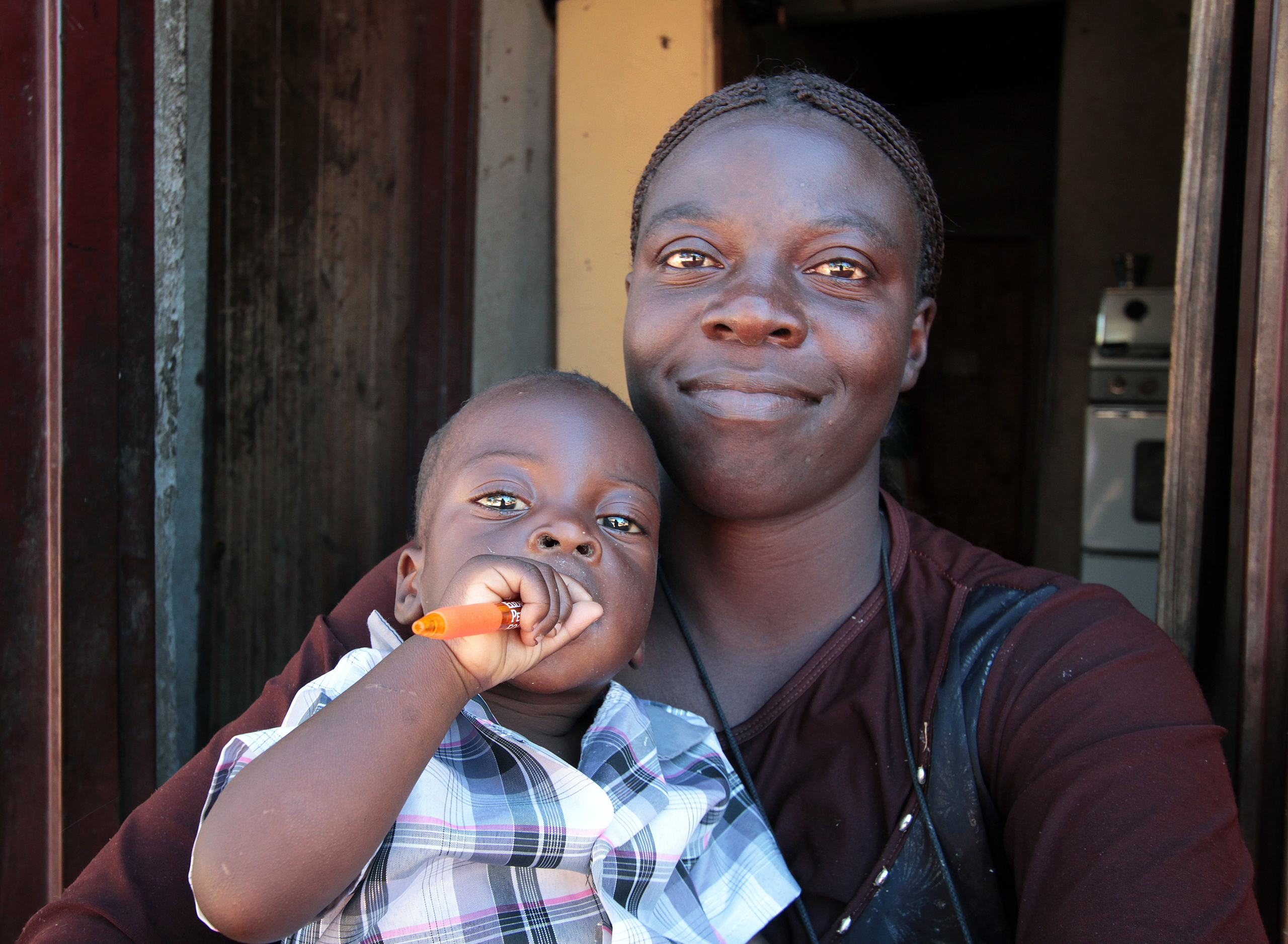
The clinic is two hours’ walk from my home. At eight months pregnant I came to the mothers’ waiting room. I stayed there for a month awaiting delivery.
“For me, with this program, I started looking after my baby when it was in the uterus. I knew what I was doing; I had all the information. Even after delivery, I knew what to do because I had so much information.
“During the birth of my first child, it hurt me so much because I delivered at home with a traditional midwife. I’ve never felt so much pain. I could have bled to death, but somehow I lived.
“But since EGPAF came with the peer facilitators, I see there is so much change. No one is delivering at home, now that we know the dangers.”
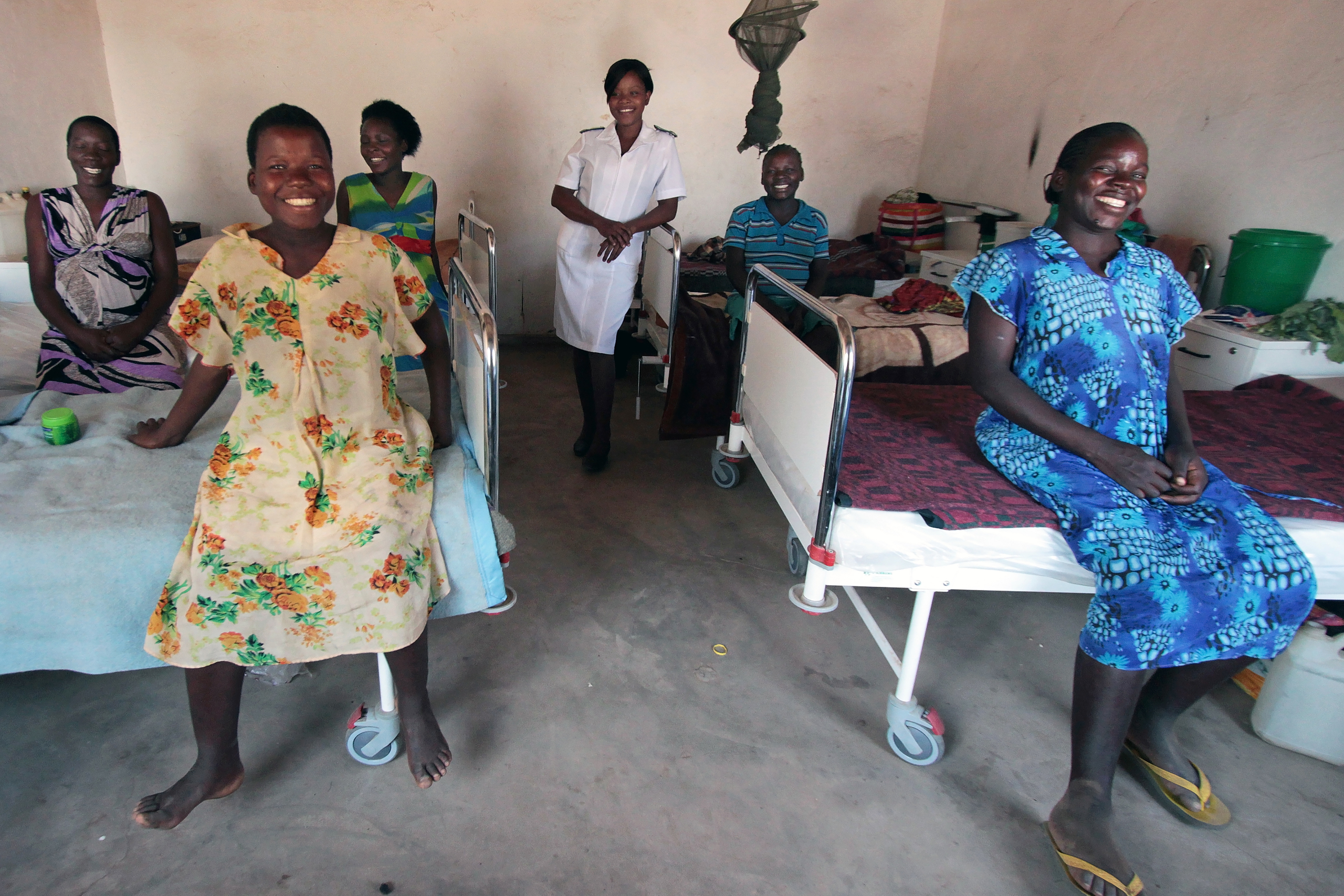
Team EGPAF
Zimbabwe
Community Mobilization
